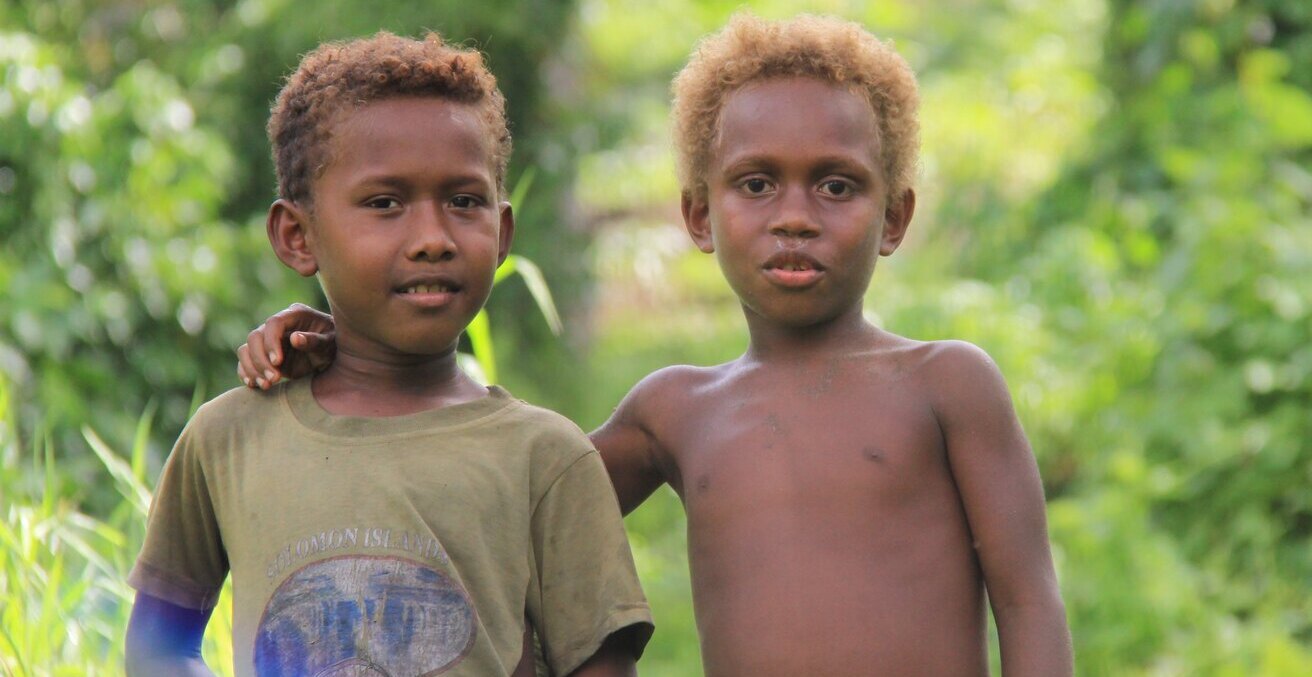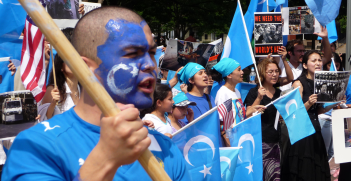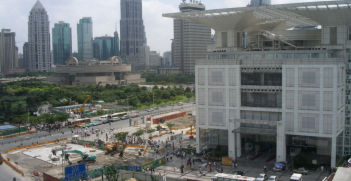Beyond a Geopolitical Pawn: Understanding Domestic Challenges in Solomon Islands

The signing of a military pact between Solomon Islands and China has led to much commentary about the geopolitical implications. However, little attention has been paid to the influence of domestic concerns in Solomon Islands.
Let’s be honest, Solomon Islands doesn’t garner much interest from the Australian public unless there is some real or perceived crisis in the country. Truth be told, it also doesn’t garner much interest from the government outside of times of crisis either, despite the good work of many in the public sector who value Solomon Islands and count its people as friends and neighbours.
The recent brouhaha surrounding the signing of a military pact between Solomon Islands and China has led to a significant uptick in interest and handwringing commentary. Most of this highlights the perceived threat of an emboldened China and the failures of Australia’s government machinery to convince the Solomon Islands government not to sign any agreements with China.
Notably, there is a significant gap in most of the commentary that discusses the strategic interests and needs of Solomon Islanders. Eminent Solomon Islander Dr Transform Aqorau has succinctly discussed some of the domestic politics that have led to the current situation and possible fault lines for challenges moving forward, providing rich insights that could lead to deeper understanding from the Australian perspective.
Despite the many ways that Australia has supported Solomon Islands in recent decades – most visibly as the lead player in the Regional Assistance Mission to Solomon Islands (RAMSI) and its status as the country’s largest aid provider – there has been little effort made to understand the domestic politics and everyday concerns of Solomon Islands and its people.
A good starting point would be to look at the opportunities and challenges arising from the country’s “youth bulge.” The 2011 census showed that approximately 75 percent of the Solomon Islands population was aged under 35. Although that data is 11 years old, indicators suggest that the population is continuing to skew younger, meaning child and youth populations will likely be outsized for multiple generations to come.
Youth in Solomon Islands are well documented for being involved in unrest. They were overrepresented as perpetrators and victims throughout the civil conflict at the turn of the century. In 2006, 2019, and again in 2021, young people were fingered as responsible for the riots that led to the burning down of Chinatown.
The repeated arson attacks on Chinatown offer an insight into the everyday Sinophobia evident in Honiara. However, I’ve argued that this action can also be read as a proxy for generalised disenchantment by those in Honiara who experience livelihoods struggles, view elements of the government as corrupt, and see growing inequality in their city. Perhaps the most interesting aspect of the repeated Chinatown riots is that they were not just predictable, but were in fact actually predicted. In conversations I had with taxi drivers in Honiara back in 2015 I was repeatedly told that if people were upset about real or perceived corruption in government, “we’ll probably burn down Chinatown again.”
I have argued that corruption and inequality, whether real or perceived, offer the two greatest fault lines for future unrest in Solomon Islands. However, they represent the symptoms of greater problems that have led to serious livelihoods struggles for citizens. These problems are likely to continue given the failings in the systems and structures of Solomon Islands designed to improve young people’s lives.
My recently published book, Youth in Fiji and Solomon Islands: Livelihoods, leadership and civic engagement, documents some of the activities and aspirations of young people in the Pacific, including a focus on Honiara. My findings paint a bleak picture of the formal support structures for Solomon Islands young people, particularly regarding education and employment, in stark contrast to the vibrancy and ingenuity of Solomon Islander youth.
The education system in Solomon Islands is poorly resourced, and curriculum design does not reflect cultural norms or livelihood realities in the country. Critical thinking is not encouraged, and as one young person told me, “the curriculum is not empowering young people.” In recent years the government has been supported by development donors to create entrepreneurship programs for the youth of Honiara who are not engaged in employment or education – an approach I’ve previously suggested is largely bunkum.
Unemployment leads to petty delinquent behaviours that stigmatise the masta liu (loitering youth). When these young people witness government largesse and compare it to their own struggles, the potential for trouble emerges. One framing for young people engaging in civil disobedience is that it is a sign of disruption — that youth feel disconnected from their communities and free to engage in wanton recklessness. I think it can be more accurately read as acute connection.
When youth in Solomon Islands are given a chance to have their voices heard, they raise them. They create policy briefings for politicians during the period when negotiations are being held to form government. They join employment training programs and try their hand at creating microenterprises. They engage in polite but critical public discourse through Facebook pages that circumvent public norms of young people staying silent in the presence of elders.
Importantly, when youth in Solomon Islands are not given a chance to have their voices heard, they still raise them. Only in these instances, their expression is likely to be seen as antisocial and requiring state resistance. It is within this context that arguments for increasing the presence and weaponisation of police occurs, opening the door for alternative streams of bilateral funding and relationships.
The military agreement between China and Solomon Islands should be considered in light of both geopolitics and domestic politics in Solomon Islands, as Terence Wood has argued. If Australia wants to be the preferred partner for Solomon Islands and other countries of the Pacific, it needs to act like a friend and take long term interest in the challenges and opportunities people face on an ongoing, everyday level.
Engaging as a genuine friend allows scope for the hard conversations that can and should be had without resorting to megaphone diplomacy of “red lines.” It would also be incredibly useful for Australia and its allies to be seen as genuinely committed to addressing climate change – unanimously considered the greatest security threat in the Pacific region by Pacific island countries.
In the short and medium term, Australia can seek to work with politicians, the public and private sectors, and civil society groups in Solomon Islands on policy and programming decisions that will improve the lives of Solomon Islanders and reduce inequalities in the country. Given the country’s demographics, investing in the skills and capacities of young people would be a fabulous place to begin. Doing so would not only reduce the likelihood of future unrest within Solomon Islands but would also buttress the soft diplomacy advantages that Australia and its allies have in the country. Such efforts are sure to be considerably more productive than the paternalistic finger wagging of the last few weeks.
Aidan Craney is a research fellow at La Trobe University on the ARC Discovery Project “The future of the Pacific: youth leadership and civic engagement.” He can be found on Twitter at @AidanSeamus.
Youth in Fiji and Solomon Islands (ANU Press 2022) is out now and free to download from ANU Press here – http://doi.org/10.22459/YFSI.2022
This article is published under a Creative Commons Licence and may be re-published with attribution.





